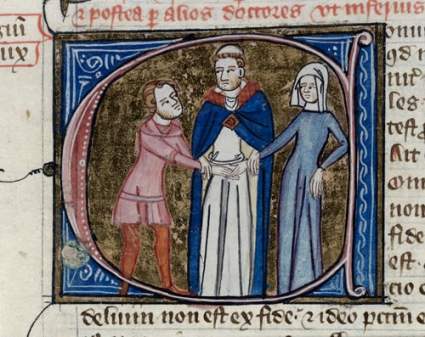Often you will see me emphasizing the sin/grace matrix as a relational rather than a purely forensic reality. This bears out only if the One we have sinned against is in fact a personal rather than monadic law-like being. Sin is personal and relational because, first, God is a relation of triune persons. At root our relationship to Godself is indeed based upon the correspondence God has first (before the foundations of the world) established for us in His imago Dei (cf. Col. 1.15), in His free and gracious election to be with us in the vicarious humanity of Jesus Christ. So the ground of our relationship to God is necessarily relational and personalist insofar that our being, as human, is first grounded in God’s being to be human for us. When the first sin happened, Adam’s or ‘humanity’s’ being with God was ruptured requiring that our beings be restored or reconciled unto their originating ground as that was and is found in God’s triune life. Were there ‘legal’ consequences attending this fall as well? Yes. But those were only the external aspects of the real problem, which was a broken heart that no longer pumped from the vessels of God’s heart for us in Jesus Christ. That is to say, there is a deeper problem behind what might conclude in other expressions that may entail legal as well as other matters.
Matt Jenson offers good insight on how the aforementioned is fleshed out in the theology of Karl Barth:
Because sin is directed against a person rather than an abstract law of nature, relational rather than juridical categories are the fitting conceptual tools to describe it (IV/1, p. 140). The metaphor of incurvature, which carries with it the implication of having curved away from a relationship or relationships, fits well this relational character of sin. Sin is the refusal to conform to our determination in Christ to be relationally constituted and relationally directed. And the fact that even in isolation which the metaphor conveys one cannot escape the remainder of the relationships which have been shunned underscores Barth’s point that sin can only ever be self-contradiction, stopping short of self-transformation or the realization of a real, alternate possibility. Sin can only be an ‘impossible possibility’ (IV/1, pp. 409-10; IV/2, p. 495; IV/3.1, p. 463).[1]
[1] Matt Jenson, The Gravity of Sin (New York: T&T Clark a Continuum Imprint, 2006), 152.
